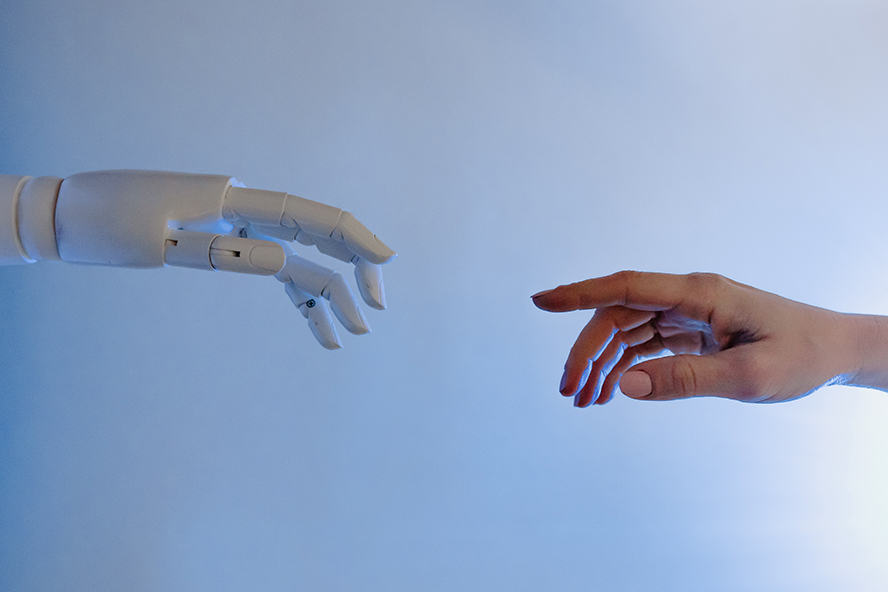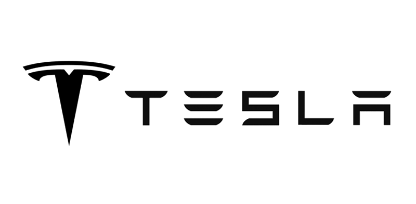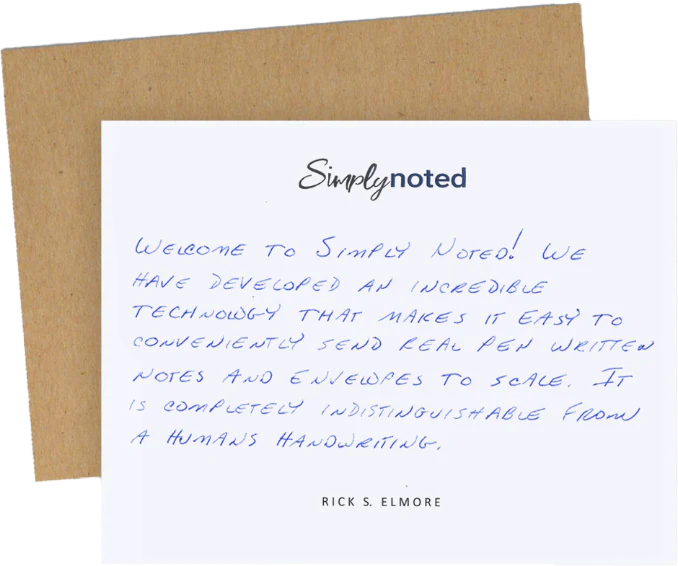How Robots Are Being Used to Grow Businesses

The robots are rising — factory automation, autonomous vehicles, labor-saving devices — the list gets longer every day. Increasingly, businesses are turning to robots as the labor force of the future.
Machines can be programmed to perform a wide range of activities, and that list is growing. Companies are exploiting these capabilities to save money, increase production, open up new markets, and create businesses that didn’t or couldn’t exist before. These gains translate directly to growth. Let’s see how companies are using this burgeoning technology.
SEE ALSO: Why Robots Are the Better Choice for Handwritten Notes
ROBOTS CAN INCREASE PRODUCTIVITY
Imagine you manage a warehouse. An order comes in. Someone has to pull the ticket from the computer, figure out where the item is, dispatch a forklift operator, and get someone to process the thing once it’s retrieved. This takes time, and each step is a potential failure point.
With robots, you could automate the entire process. An order comes in. The computer knows the items and its precise location. It dispatches an autonomous forklift to pull the thing off the shelf while alerting the automated shipping machines. The item is pulled, processed, and delivered for shipping automatically. And all you have to do to grow the operation is add more robots.
With automation, productivity can skyrocket. Processes that were once slow and expensive can be streamlined into highly efficient, low-cost systems.

MISTAKES ARE REDUCED DRAMATICALLY
Humans can become very good at their jobs, but they’ll never be perfect. Even the most skilled workers make mistakes from time to time. These mistakes can cascade, depending on how early in the process they’re made. A single error can sometimes be very costly. This lost revenue limits a business’s growth options.
Robots, by contrast, are perfect. They do the same things, over and over, in exactly the same way. Pair that with an artificial intelligence, and they can make decisions, creating fully autonomous systems that do their work tirelessly with perfect precision. Perfect precision means fewer mistakes, and fewer mistakes translate to extra money in the coffers.
There’s a secondary benefit. Fewer mistakes mean decreased legal exposure. Think about how much money companies lose when they’re forced to recall a product. With proper automation, these mistakes could be mitigated early, avoiding costly legal wrangling later on.
SEE ALSO: How To Automate Sending Handwritten Birthday Cards
ROBOTS DON’T NEED BREAKS
In many parts of the world, companies are building fully autonomous factories. These manufacturing marvels can produce goods 24 hours a day with only a skeleton crew overseeing its functions.
With machines, managers don’t need to worry about shift changes, personnel concerns, meal breaks, or worker absences. The robots do their work unending and uncomplaining, capable of plugging away forever as long as they’re adequately powered, supplied, and maintained.
These systems are also extensible. You can scale them quickly by adding more machines. You don’t need to train new personnel and add to the payroll. A one-time investment secures businesses a robotic workforce happy to devote every hour of its existence to furthering the company’s goals.
SEE ALSO: The Value of Automated Thank You Cards in Business

MACHINES CAN REVOLUTIONIZE INDUSTRIES
Advances in robotics are driving massive shifts in the way industries are organized. Take autonomous vehicles, for instance. Technologists predict that driverless trucks will begin to replace the hundreds of thousands of long-haul truckers currently employed by the trucking industry within the next few years.
These machines won’t need sleep or breaks, delivering shipments faster than ever before. They’ll be significantly safer as well, saving the industry hundreds of millions of dollars in medical and legal fees.
The improvements in logistics we discussed earlier are another excellent example. Amazon spent $775 million dollars to purchase Kiva Systems, a leading manufacturer of warehouse automation systems because automation is so critical to their operation. Robots and other automated systems are enabling workers to get far more accomplished in the same time. These shifts mean new opportunities for companies looking to grow.
SEE ALSO: Best Inbound Marketing Strategies You Need to Be Using
ARTIFICIAL INTELLIGENCE CAN TAKE OVER MUNDANE TASKS
When we think of robots, we usually picture physical machines, but artificial intelligence (AI) falls into this category, too. AI is to the human mind as physical robots are to our bodies.
Today, businesses harness AI to automate repetitive but necessary tasks, freeing their employees to focus on more meaningful work. Workers regularly employ AI to automate marketing, organize assets, solve complex problems, accurately route service calls, maintain complex schedules, and a host of other actions. These occur without human intervention — they’re faster, more accurate, and free humans to focus on their strengths.
At Simply Noted, we use AI to help our business grow. We produce automated, handwritten greeting cards. We’ve developed AI-powered smart fonts that replicate the subtleties of real handwriting. Our AI understands how to exploit variations in letter sizing, shape, and spacing to create a singularly convincing illusion.

ROBOTS CAN CREATE BUSINESSES THAT WOULDN’T HAVE EXISTED OTHERWISE
As we’ve seen, robots are capable of improving your labor force’s efficiency, creating new growth opportunities. But another class of businesses couldn’t exist at all if it weren’t for the rise of the robots. These businesses depend on robots for every bit of growth they achieve.
Simply Noted is an excellent example. We’ve built a fleet of robots that use ballpoint pens to write text into greeting cards. These machines replicate the physical process of writing a card by hand, creating a handwritten experience good enough to fool anyone.
We owe robots every bit of growth we’ve ever experienced because our business couldn’t exist without them. And this points to something critical about robots. Yes, they’re taking jobs. But they’re also creating entirely new industries, and those industries still need people. Our robots handwrite thousands of cards each day, yet we still have human staff — to service the robots, design our cards, improve our processes, run our business, etc.
Our robots are the tools that allow our business to exist and grow. The larger we grow, the more people we’ll employ. So don’t fear the robots — embrace them, and learn how they can take your business to the next level.























